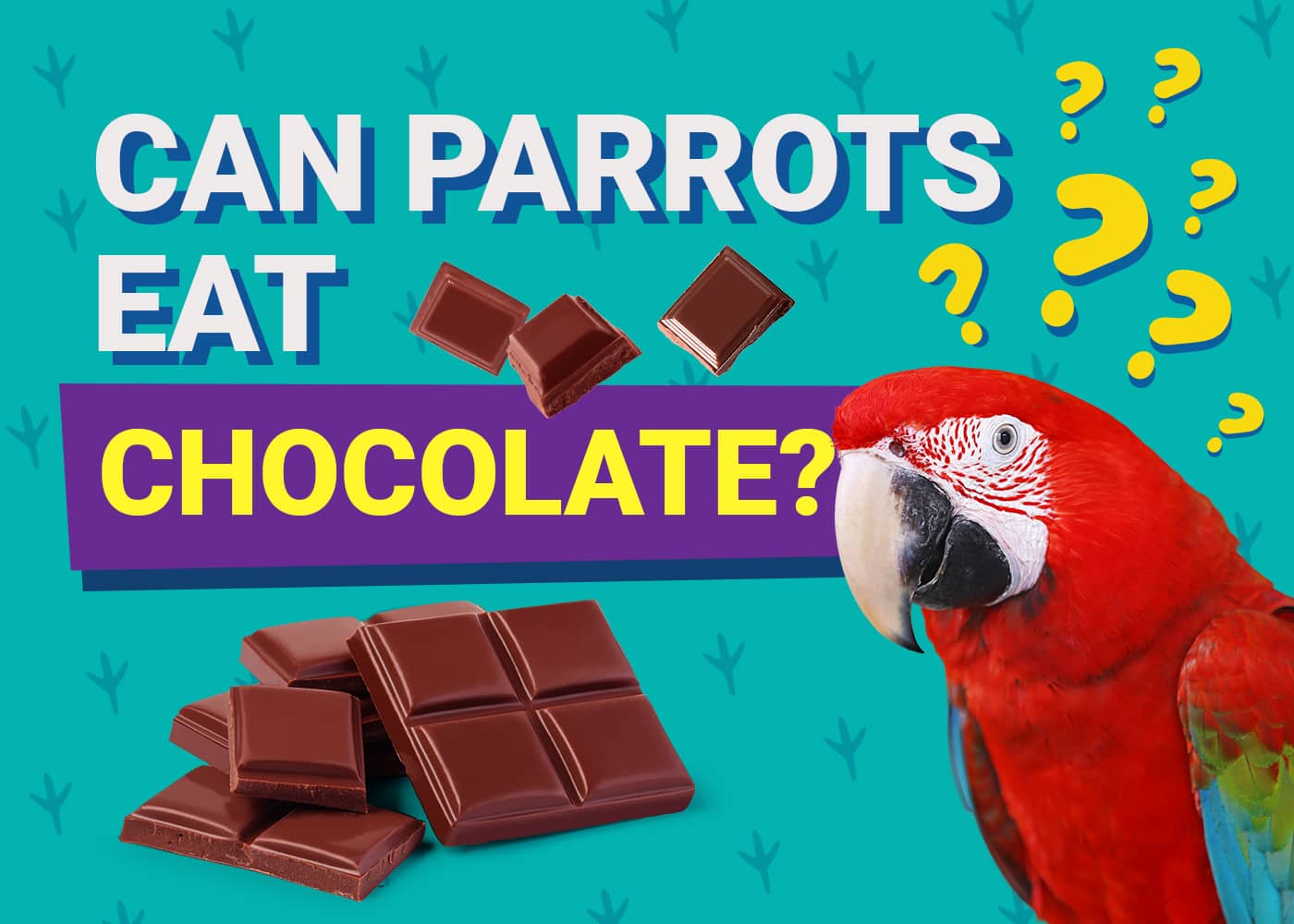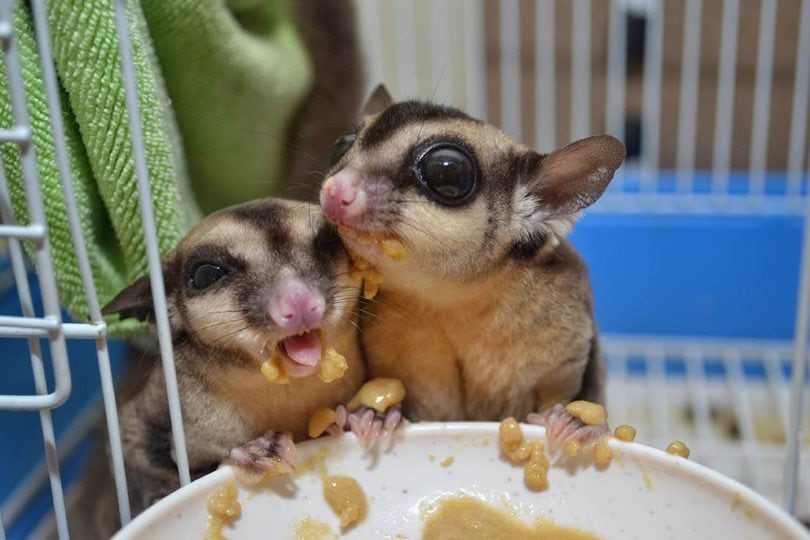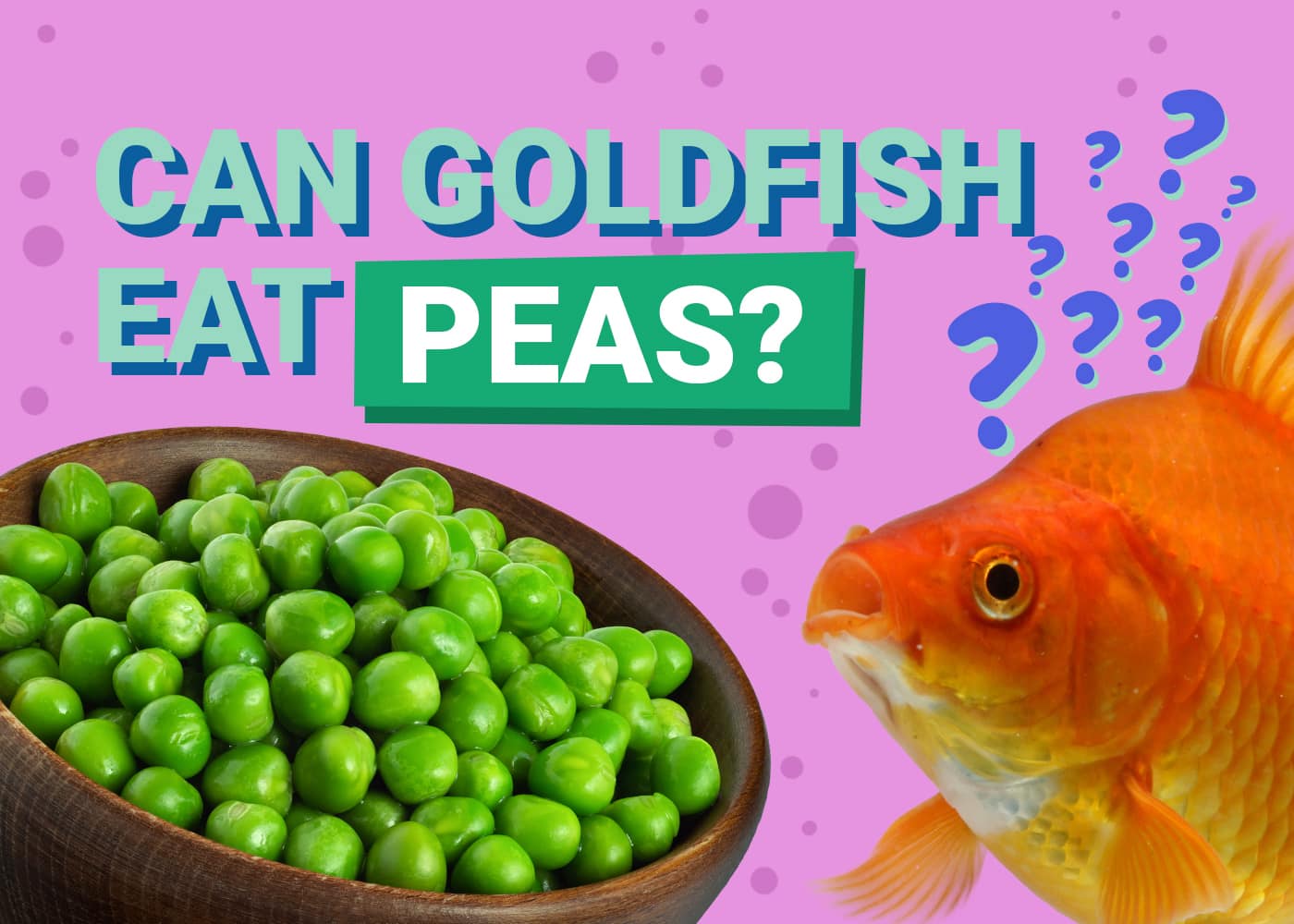Click to Skip Ahead
Chocolate is a delicious and often irresistible treat, but it’s not safe for all animals. For instance, chocolate can be harmful to dogs because of its caffeine and theobromine content. It also contains sugar which may lead to an upset stomach in some animals.
Parrots are another type of animal that cannot eat chocolate due to the chemical and sugar content. Chocolate is toxic for parrots and as such, you should not offer it to your parrot.
This article will help answer any questions you have about whether your pet bird should be eating chocolate!

Why Is Chocolate Toxic to Parrots?
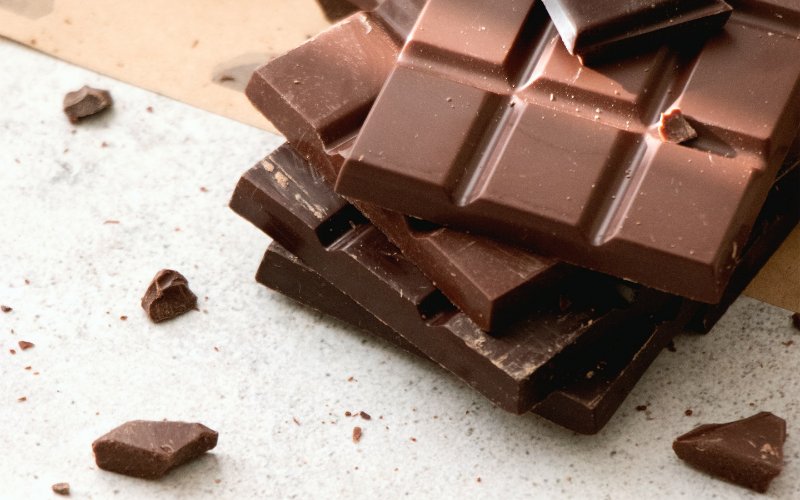
There are certain things that a parrot should not eat. One of these things is chocolate. Chocolate contains caffeine and theobromine, which are toxic to parrots.
A parrot’s liver cannot break down caffeine and theobromine efficiently. Therefore, the chocolate can lead to caffeine and theobromine toxicity in parrots.
In a high dose, chocolate can be fatal for parrots. As a general rule, the darker the chocolate, the more dangerous it is for a parrot. However, even milk chocolate can be toxic for them, and parrots don’t handle dairy well, either. As such, you should not offer your parrot chocolate in any form. This also includes products that contain chocolate (for example, chocolate bread).
What Other Foods Are Toxic to Parrots?
There are other foods your parrot should avoid, either due to toxicity concerns or due to them being very unhealthy for parrots.
- Avocado
- Onions
- Garlic
- Shallots
- Processed human foods
- Human foods with added salt
- High-fat human foods (such as candy)
- Coffee
- Caffeinated beverages (including sports drinks)
- Alcohol
- Fruit pits & seeds (best if avoided)
- Xylitol
Please note that this list isn’t exhaustive.
What to Do If Your Pet Parrot Eats Chocolate?
Accidents happen. Maybe your parrot was up on your counter when you weren’t looking and took a bite of chocolate. Or, the kids might have left some candy on your coffee table. Regardless of whose fault it is, if you suspect that your parrot has eaten some chocolate, take them to the veterinarian right away.
There is no “cure” for chocolate poisoning. The treatments your vet may administer would be aimed at stabilizing and supporting your parrot as best as possible in hopes that they recover. If the chocolate was consumed recently, your veterinarian may be able to perform an emergency procedure on your parrot to retrieve it from their crop. This may significantly improve your parrot’s chances of survival and as such, it’s imperative that you get your parrot to a veterinarian as soon as you suspect a poisoning episode (food doesn’t linger in the crop for long!).
What Are the Signs That a Parrot Consumed Chocolate?
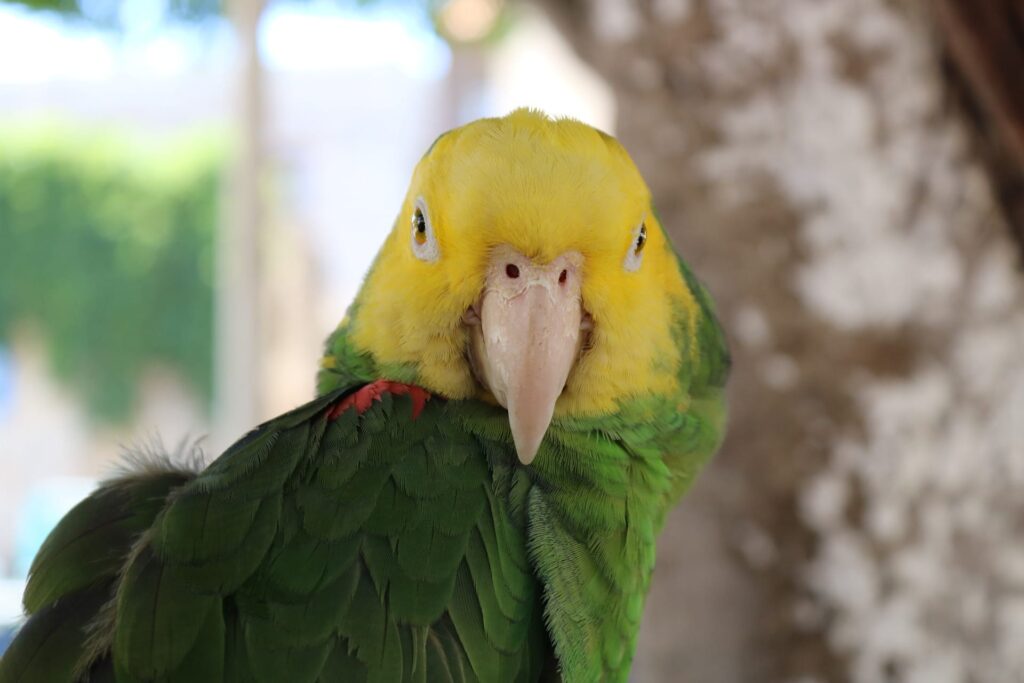
Sometimes, you may not see your parrot eating chocolate, so you’ll want to observe your parrot’s behavior. Common signs of a parrot that has eaten chocolate include:
- Vomiting
- Diarrhea
- Hyperactivity
- Tremors
- Falling off a Perch
- Seizures
- Death (in some cases)
What Is a Parrot’s Natural Diet?
There are many different species of parrots found as pets all over the world. Fundamentally, parrots are often nutritionally classified as one of the following:
- Granivores: these parrots primarily consume seeds
- Frugivores: these parrots primarily consume fruits
- Nectarivores: these parrots specialize in consuming nectar and flowers.
It is worth noting that many parrot species are quite adaptable and can manage multiple feeding patterns. For example, the rose-ringed parakeet (Psittacula krameri) can be both a frugivore and a granivore depending on what they can find in their environment. On the other hand, certain parrot species have highly specialized diets.
The overwhelming majority of parrot species kept as pets are considered vegetarian, and they do require a different diet than their wild counterparts, chiefly because their lifestyles (and therefore nutritional needs) are entirely different.
Though individual guidelines differ, the following image briefly summarizes the nutritional requirements of most (but not all) pet parrot species.
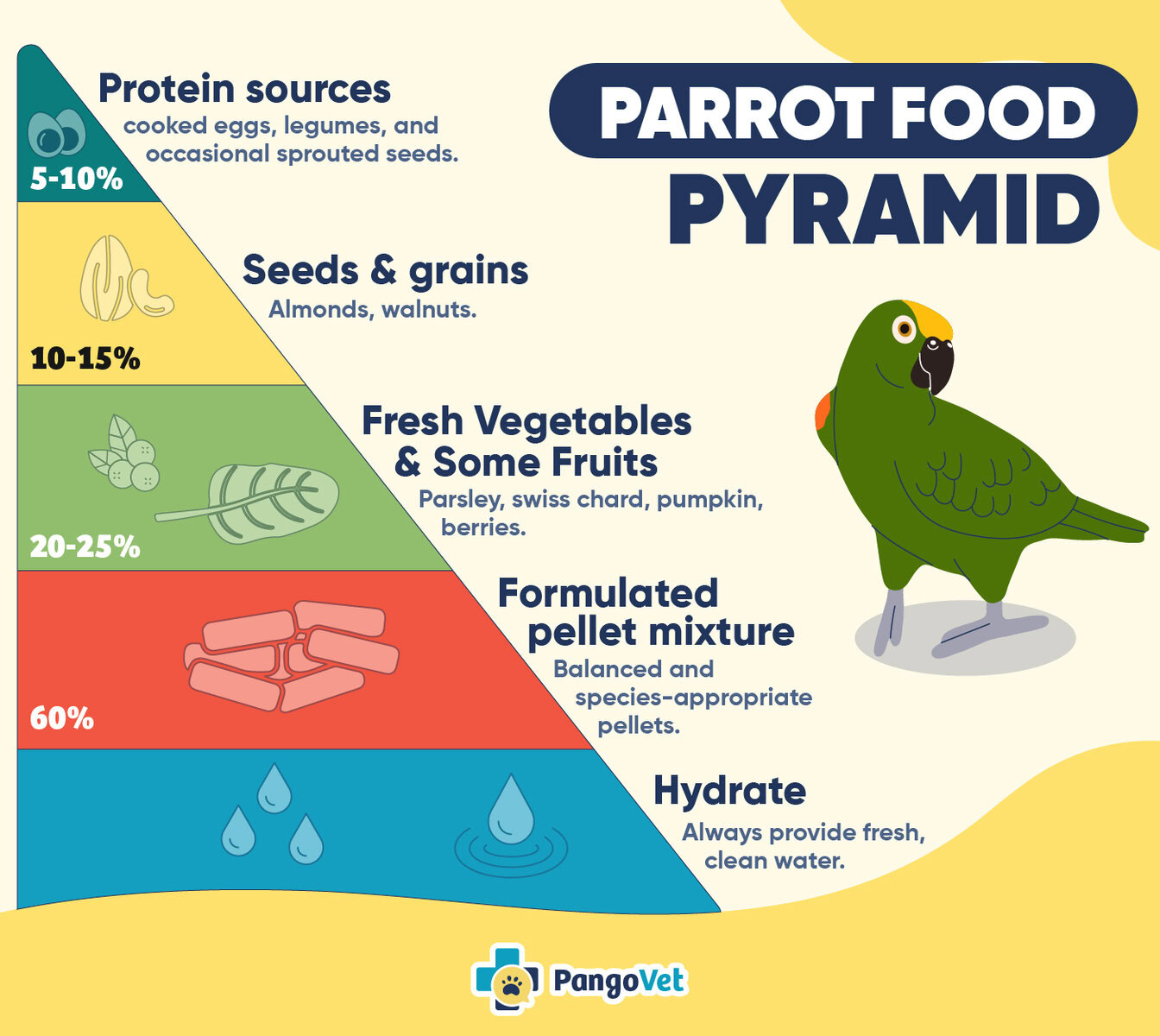
We must reiterate that these are merely general guidelines; we strongly encourage you to reach out to your veterinarian for more information about your parrot’s nutritional requirements.

What Can You Give Your Parrot as a Snack Instead of Chocolate?
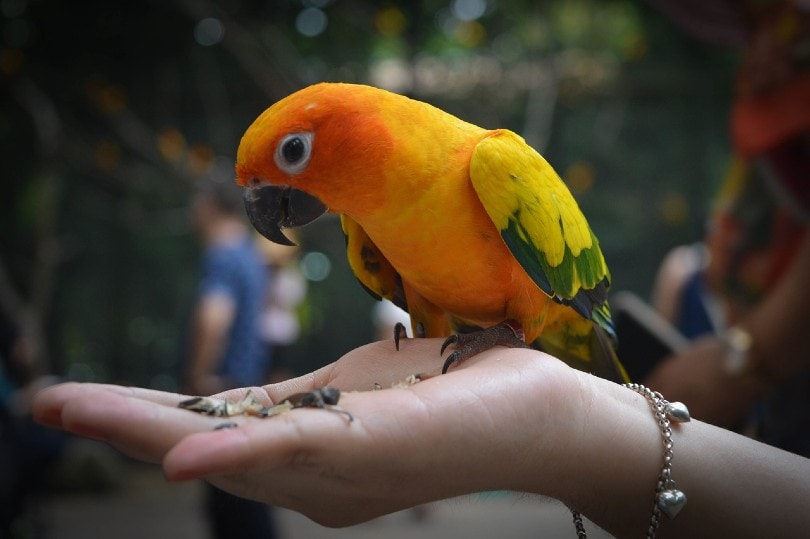
Parrots can be picky eaters, and it’s essential to keep their diet varied, so it’s helpful to learn about some of the foods they get excited about. This parrot-friendly food list has some great options for healthy snacks that your bird will love!
- Dark leafy greens (collard greens, mustard greens)
- Berries (strawberries, blueberries, and raspberries)
- Nuts (pine nuts, walnuts, almonds)
- Dried fruits such as apricots or peaches
- Frozen corn on the cob (watch out for corn that is covered in salt or seasonings!)

Conclusion
No matter how much your parrot begs for chocolate, it is not suitable for them. Always remember that fruits are better treats than candies. Keep an eye on your bird’s diet by watching them closely while they’re eating and drinking. If you suspect that your parrot ate chocolate, call the veterinarian immediately to prevent any harm.
Related articles:
- Can Parrots Eat Watermelon? What You Need to Know!
- What Do Parrots Eat in the Wild and as Pets? Nutritional Facts & FAQ
Featured Image Credit: GinaundJosie, Pixabay
